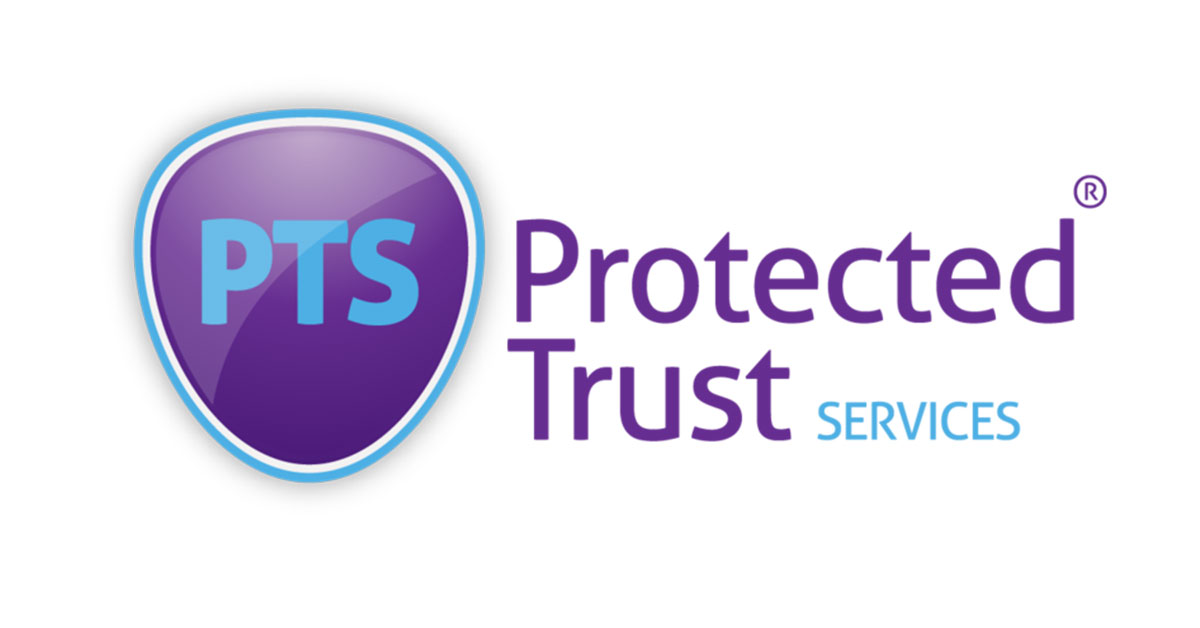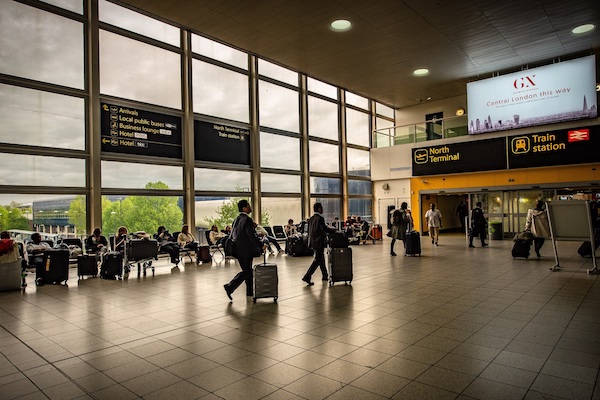Protected Trust Services reports surge in membership enquiries
Company says firms looking for alternative financial protection models

Protected Trust Services has reported a surge in membership enquiries which it has attributed to a rise in bonding costs and requirements.
The company said enquiries have nearly doubled with more than 100 a month currently compared with the end of last year. So far this year PTS has welcomed 40 new members, both tour operators and travel agencies.
It said existing trading companies and new start-ups were contacting PTS with a view to switching to the PTS trust business model.
Earlier this month more than a third (36%) of travel companies due to renew their Atol this month had yet to apply, according to the Civil Aviation Authority, while the trade has also raised fears of increased Abta bonding costs this year.
PTS managing director Mark Sutton said potential new members saw the company’s trust model a “more affordable option” in the current climate.
He said: “We are hearing consistent feedback from enquiries and new members that the increase in bond costs is leading the business decision makers to change their financial protection models, and embracing trusts is proving to be an effective option for their business’ future.
“The sharp increase in bonding costs is simply becoming unaffordable for many travel businesses. However, we appreciate that this increase must be implemented to ensure better financial protection.”
PTS currently has 320 member companies, with a further 45 companies going through the application process, which can take two to eight weeks. A company head office counts as one member, even though it might have a number of shops or homeworkers.
Sutton said the surge in enquiries followed a rise in membership of PTS during the pandemic.
He added: “It is incredibly interesting to see all types of UK travel businesses joining PTS: tour operators, retail travel agencies, independent homeworkers with experience, flight specialists and consortia.
“For those that are finding the increased bonding costs challenging the PTS trust model is proving to be a fantastic alternative.”

 MikeTyes
MikeTyes 







/Management/John%20Pelant%20232x232.jpeg?n=9404)























